6 Ways to Help Your Friend in a Toxic Relationship

Sometimes, relationships don’t just take a turn for the worse—they can impose danger or even be life-threatening. Abuse and manipulative behavior can be hard to detect, which is why the victim often chooses to stay and wants to normalize them. Unfortunately, this is how toxic relationships prolong. We understand how hard it can be to intervene if you have a friend or know someone who may be involved with an unhealthy romantic partner. If you are scared for that person but may be unsure of what to do, we want to offer some advice. Psych2Go shares with you 6 ways to help your friend in a toxic relationship:
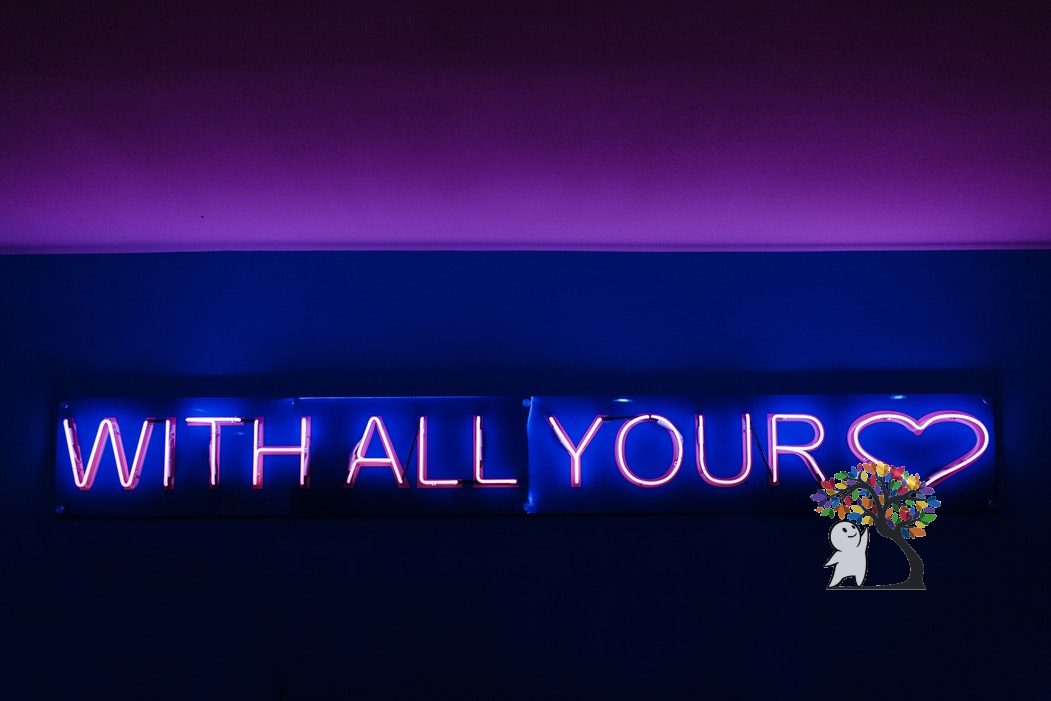
1. Don’t judge or criticize them for being in the relationship.
The last thing you want to do is add more fuel to the destructive fire. Even though it’s unfavorable, understand that you should still be respectful of your friend’s choice to be with their partner and that they have the right to make their own mistakes. Our first instinct is to be protective over those we care about who may be in danger, but it’s complicated when your friend cannot recognize right away that they’re walking into a fire. The hardest part of helping someone in a toxic relationship is that you can’t force someone to see that it’s bad for them.
Perspective can only be developed from understanding—and understanding is formed from compassion. Your friend will be less likely to take in your perspective if you are judging or criticizing their actions. Instead, recognize that love is hardly ever logical and that getting swept away in emotions is expected.
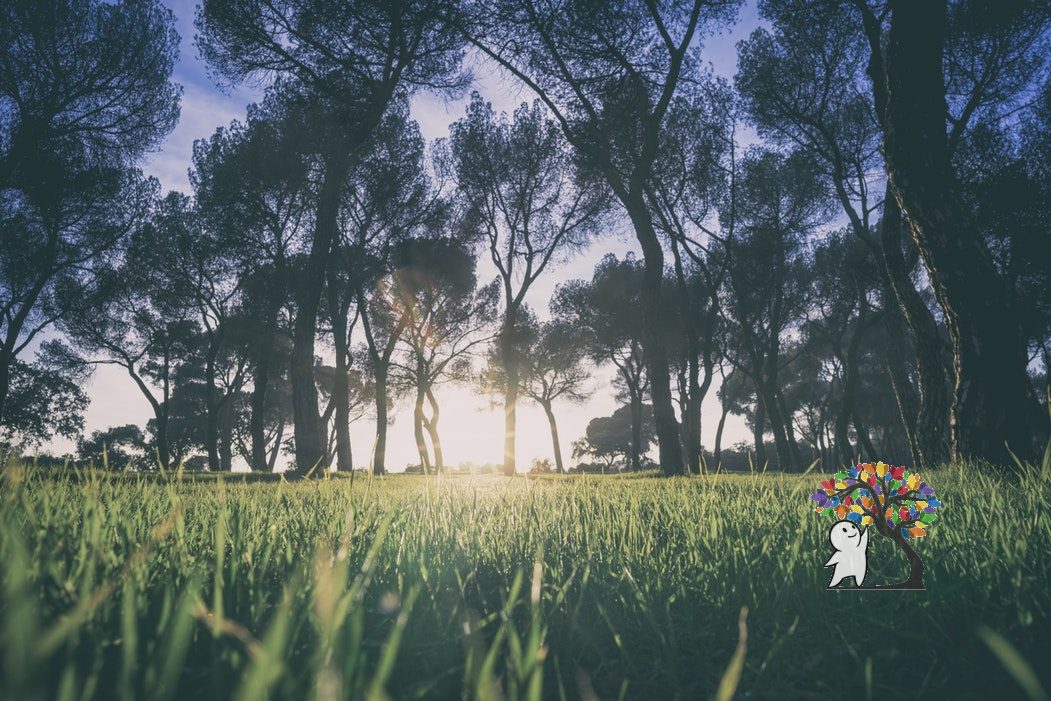
2. Approach them gently about the concerns you have for them.
It’s important to approach your friend gently about your concerns because you don’t want to upset or scare them off with anger or suffocation. Chances are, when you act out of line, your friend will most likely confide in their partner and they may tell your friend that you’re just jealous or insecure. In other words, you’ll only be helping their partner obtain more power over your friend.
When you talk to your friend, choose a quiet and comfortable environment. It’s recommended that you engage in a relaxing activity, such as going for a walk in the park or eating ice cream at the beach before delving into the difficult conversation. The more natural it feels between you two, the easier the conversation will flow. We understand how intimidating it can be to bring up the topic, but with enough heart and understanding, it can steer in the right direction.
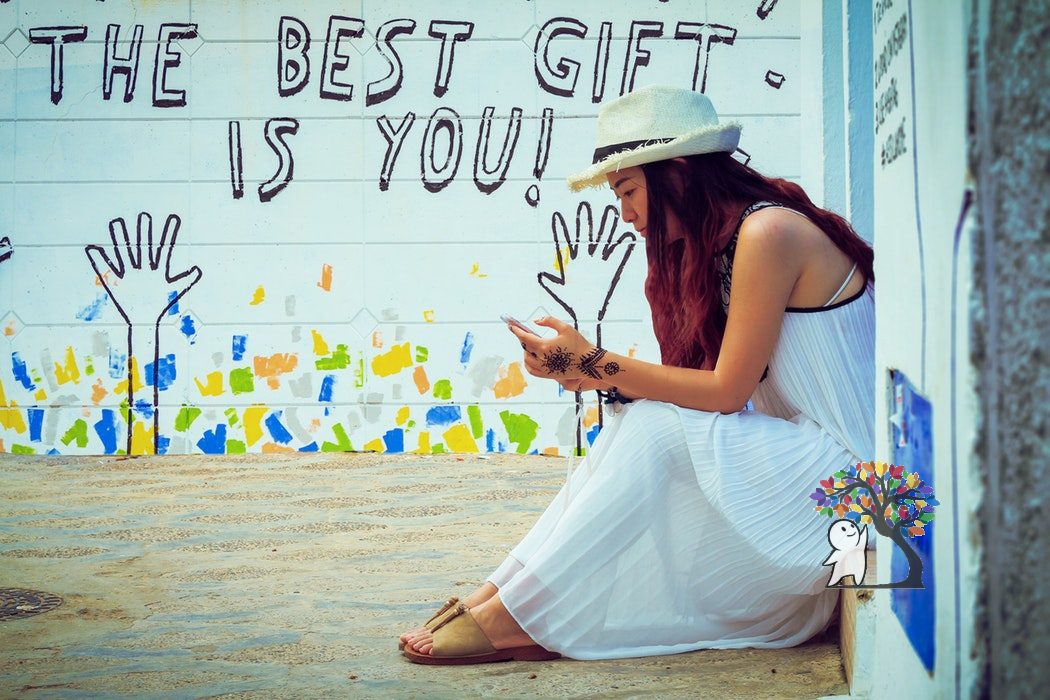
3. Give your friend a boost in their self-esteem. Let them know that they are loved.
Stephen Chbosky, author of The Perks of Being a Wallflower, writes, “We accept the love we think we deserve.” Sometimes, I think we’re afraid of letting someone in who actually treats us right, because all we’ve known is pain, disaster, and destruction. How do you even begin to tell someone they deserve more when they’ve never been exposed to that kind of love? You can’t just expect someone to know what a healthy relationship is. Instead, you can lead the way and show them what it means.
Help your friend build up their self-esteem and let them know that you love them. Encourage them to be kind to themselves, listen to their fears and needs, and show them that they are capable of great things. Are they a talented painter? Do they always help you with your math homework? Tell them that you admire them for their strengths and let them know how lucky you are that they’ve entered your life. We’re all human and need a little reminding sometimes when the going gets tough.

4. Tell them about your past experiences in unhealthy relationships.
People want real stories because they give them something to identify with and relate to. If you’ve been in an unhealthy relationship before, let them know why it didn’t work out and why it had to end. Experiences are easier to understand in retrospect. Let your friend know that you were exactly where they are right now—that the signs weren’t always obvious—and that you used to make the same excuses for your ex’s manipulative and abusive behavior.
You’re lucky if you end up marrying your best friend who was your first and only relationship partner. But, usually it takes at least a couple of tries for us to find someone who’s good for us. The best thing about failed relationships, though, is that they make us wiser lovers, and by sharing your lessons with your friend, that’s when their perspective can shift and re-develop, too.
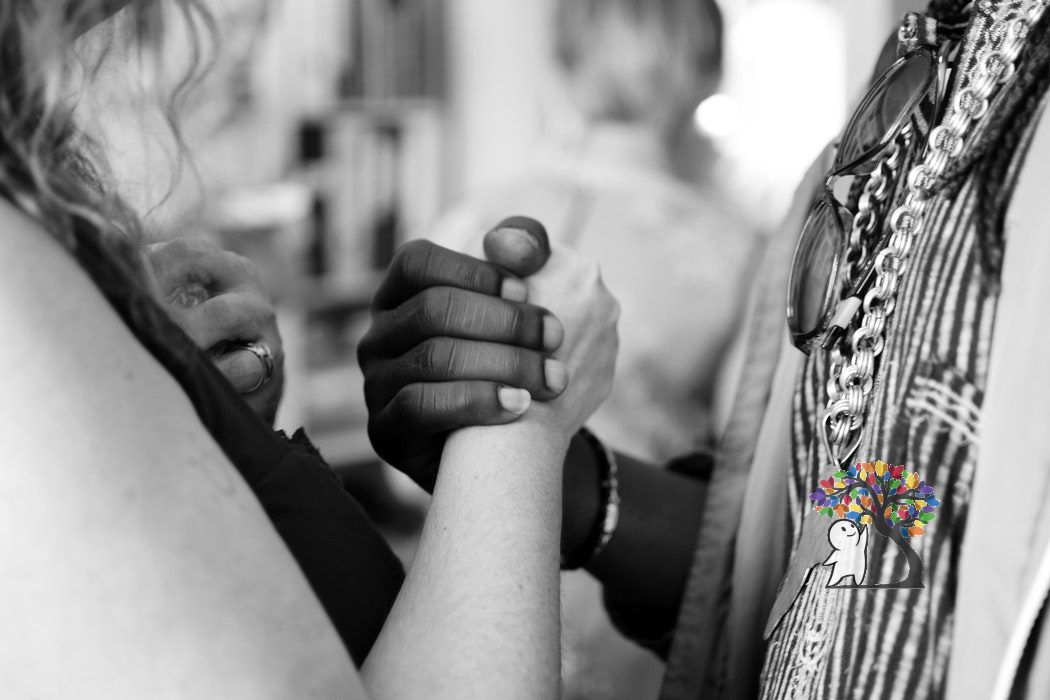
5. Be honest and often check in on them.
You’ve already recognized that your friend needs support getting out of their toxic relationship. Don’t distance yourself or give up altogether just because your friend may not heed your advice. They may not see the signs you’ve detected, but that doesn’t mean they won’t down the road.
Please don’t lose hope. Your friend needs you now more than ever, so be honest. Tell them that you care about their safety. They may be making excuses for their lover, but you’re not. This may cause your friend to feel resentment towards you and arguments may even erupt from your disagreements, but your persistence can save their life.

6. If things start getting out of hand, seek a professional.
First, inform your friend’s family about the situation if they aren’t already aware of it. The more support your friend has, the better. If things begin to get out of hand and you notice your friend is in danger, talk to a professional, such as your guidance counselor or a psychologist. We hope things don’t have to escalate to this level, but if your friend needs immediate assistance, it’s best to call the police for help.
Trauma may follow and it takes more than just time for someone to heal from toxic relationships. Let your friend know there are resources they can turn to. Most importantly, continue being there for them. They’re going to be scared, hurt, and confused, but let them know that they don’t have to face those emotions alone.
Do you know someone who’s in a toxic relationship? We understand how hard it can be to watch them struggle and the challenge of intervening. Please share your story with us by leaving a comment down below!
Want to say hello or send a personal message? You can reach the author at catherine@psych2go.net. ♥
If you enjoyed this article, then you may also like 10 Ways to Spot a Toxic Person in Your Life or 6 Ways to Deal with Selfish People.
Looking for more reading supplies? Please check out our new e-book: An Introvert’s Survival Guide! Get your free copy today!
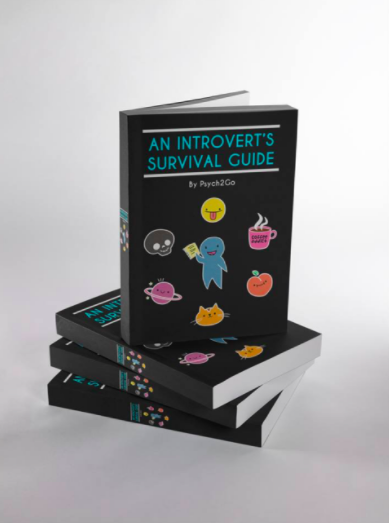
Love our content and want to continue supporting us? Visit our Patreon!
References:
Chbosky, S. (2018). The Perks of Being a Wallflower. Retrieved March 13, 2018, from www.goodreads.com
Deitz, B. (2016, July 6). 10 Ways to Help a Friend in an Unhealthy Relationship. Bustle. Retrieved March 13, 2018.
Dosanjh, N. (2015, September 2). 5 Ways To Help A Friend Who’s In A Bad Relationship (Without Harming Your Friendship). Mind Body Green. Retrieved March 13, 2018.


I figured most of these on my own but you helped clarify things even more…thank you
I was right about everything…I wish I wasn’t…